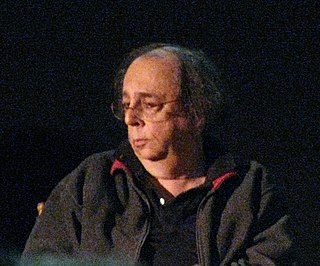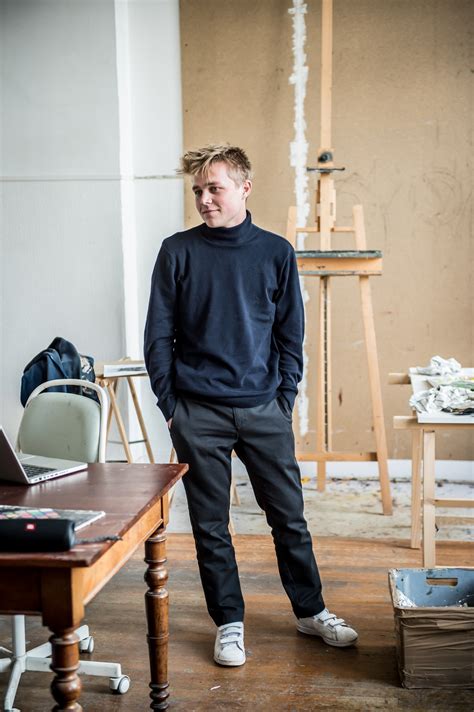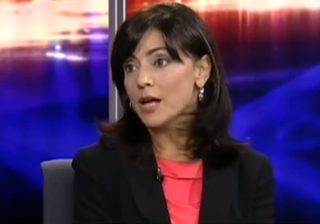A Quote by Jurgen Habermas
Since our complex societies are highly susceptible to interferences and accidents, they certainly offer ideal opportunities for a prompt disruption of normal activities.
Related Quotes
Technically speaking, since our complex societies are highly susceptible to interferences and accidents,they certainly offer ideal opportunities for a prompt disruption of normal activities. These disruptions can, with minimum expense, have considerably destructive consequences. Global terrorism is extreme both in its lack of realistic goals and in its cynical exploitation of the vulnerability of complex systems.
We see that there are two different kinds of...societies: (a) parasitic societies and (b) producing societies. The former are those which live from hunting, fishing, or merely gleaning. By their economic activities they do not increase, but rather decrease, the amount of wealth in the world. The second kind of societies, producing societies, live by agricultural and pastoral activities. By these activities they seek to increase the amount of wealth in the world.
There's a theory of accidents that I studied when I was making a film about nuclear weapons: you can never eliminate accidents, because the measures you introduce to prevent accidents actually produce more accidents. That's certainly true of this sport; you're flying over 40 feet of what might look like snow, but it's hard as ice, it's as hard as pavement. You're doing acrobatic spins and tricks, 40 feet above pavement, essentially. There's been more accidents since, and there are going to continue to be more accidents, that's the nature of the sport.
I come from a tradition of Western culture, in which the ideal (my ideal) was the complex, dense, and 'cathedral-like' structure of the highly educated and articulate personality--a man or woman who carried inside themselves a personally constructed and unique version of the entire heritage of the West. [But now] I see within us all (myself included) there placement of complex inner density with a new kind of self--evolving under the pressure of information overload and the technology of the 'instantly available.'
We are profoundly grateful for the blessings bestowed upon us: the preservation of our freedom, so dearly bought and so highly prized; our opportunities for human welfare and happiness, so limitless in their scope; our material prosperity, so far surpassing that of earlier years; and our private spiritual blessings, so deeply cherished by all. For these we offer fervent thanks to God.
Depression moods lead, almost invariably, to accidents. But, when they occur, our mood changes again, since the accident shows we can draw the world in our wake, and that we still retain some degree of power even when our spirits are low. A series of accidents creates a positively light-hearted state, out of consideration for this strange power.
The only thing we can control is what we do in the present. The more we replay yesterday, the further we get from today's opportunities. And the further away we move from opportunities, the tougher the road is to get back. Opportunities never look as good coming as they do going, and they wait for no one. We need to be highly attentive to spot them. And we must be focused on our present capabilities, not past regrets.








































